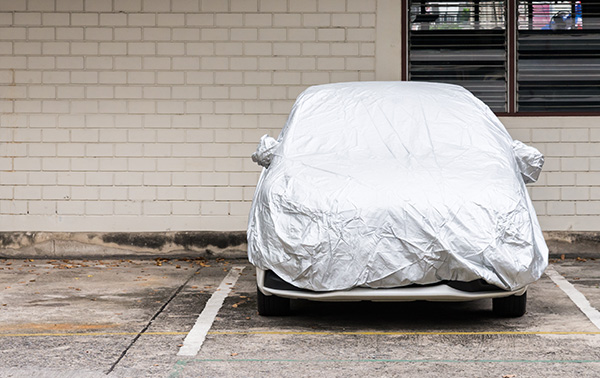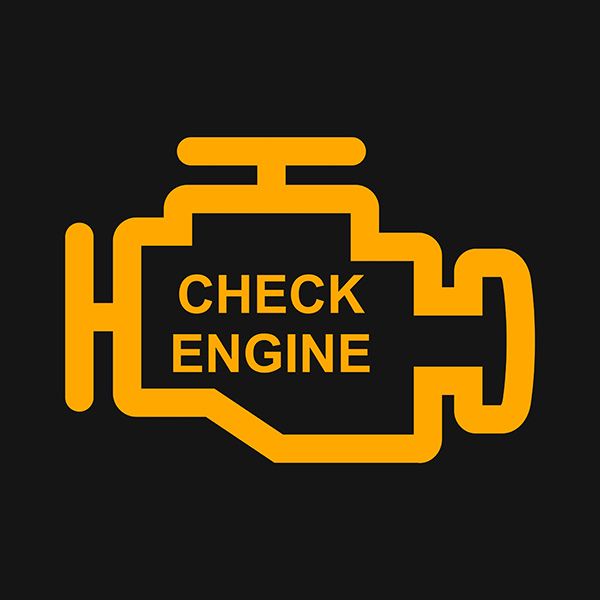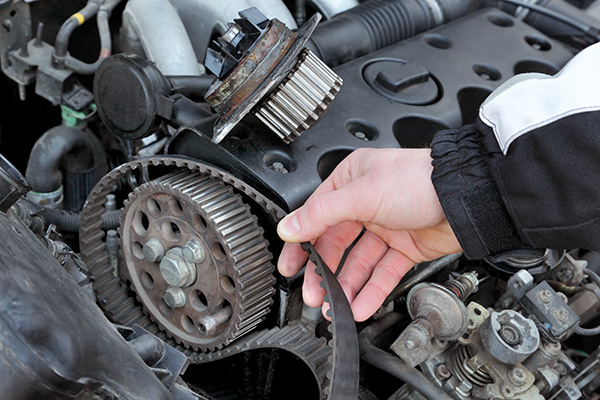Posted on 1/30/2026
A brake pedal that suddenly feels soft can make you drive like you are carrying a full cup of coffee in your lap. You leave extra space, you brake earlier, and you keep wondering if it’s your imagination. Most of the time, it isn’t. Pedal feel is one of the clearest ways your car tells you something has changed in the brake system. Why A Soft Brake Pedal Feels So Unsettling Brakes are supposed to feel predictable. You press the brake, the car slows, and you can repeat that same stop a hundred times without thinking about it. When the pedal starts going farther than normal or feels squishy, it breaks that trust right away. A soft pedal can appear gradually or after brake work, a long drive, or after the car sits for a while. Either way, the important point is this: the pedal is giving you feedback about pressure. If pressure is not building or holding the way it should, stopping distances can change. How Modern Brake Hydraulics Create Firm Pedal Feel Modern brakes are h ... read more
Posted on 12/19/2025

Parking a car for months at a time is harder on it than driving it regularly. Fluids age, batteries go flat, tires develop flat spots, and critters start looking at your engine bay as real estate. If you prep the vehicle properly before it sits, you can avoid a lot of headaches, leaks, and no-start problems when it is time to bring it back to life. What Counts as Long-Term Storage? Most cars handle a couple of weeks of sitting with almost no preparation. Once you get into several months, or a season or more, you are in long-term territory. At that point, the battery will likely discharge on its own, fuel can start to degrade, and tires sit in one spot long enough to take a set. How you store the car also matters. A clean, dry garage is ideal, but many vehicles have to sit in driveways or storage lots. The longer the car will be parked and the harsher the environment, the more important it is to address the basics before you lock the doors and walk away. Flu ... read more
Posted on 11/28/2025

You can keep driving for a while with a steady check engine light, but a flashing light is a different situation. When that lamp blinks, the engine is misfiring badly enough to risk damage in minutes, not weeks. The car might still move, and the sound may be only slightly rough, yet the catalytic converter is taking the hit every time the light flashes. Treat it as an urgent warning, pull over safely, and plan a proper diagnosis before more parts get hurt. What a Flashing Check Engine Light Really Means A steady light flags a stored fault. A flashing light signals an active misfire that can overheat the catalytic converter. Unburned fuel is entering the exhaust where it burns in the converter’s ceramic core. Temperatures spike, the core melts or cracks, and backpressure rises. That is why owners who keep driving with a flashing light often end up buying a converter and upstream parts that were otherwise fine. The engine does not need to feel horrible for damag ... read more
Posted on 10/31/2025

BMWs are known for their engineering precision and attention to detail, but when a transmission warning light pops up on the dashboard, it’s easy to feel a bit anxious. Unlike older vehicles that had limited indicators, modern BMWs are equipped with sophisticated diagnostic systems that monitor dozens of variables in real-time. When something in the transmission system deviates from normal parameters, a warning light typically appears. The trick is understanding what that warning means and how quickly you need to respond. Common Reasons Transmission Lights Turn On Not every warning light signals a major transmission failure, but many do indicate problems that can escalate if ignored. Some of the more common causes include: Low or degraded transmission fluid Transmission fluid that is low, dirty, or old can lead to overheating or slipping. BMW transmissions are sealed systems, but fluid can still deteriorate over time. Electronic senso ... read more
Posted on 9/26/2025

Timing chain tensioner issues have become a well-known concern for many Audi owners, especially in models equipped with turbocharged engines. If you drive an Audi and want to avoid unexpected engine trouble, understanding how to prevent timing chain tensioner failure can save you from a costly repair bill and keep your engine running. Why the Timing Chain Tensioner Is So Important The timing chain synchronizes the rotation of the crankshaft and camshaft, ensuring that your engine's valves open and close at precisely the right times. The tensioner keeps that chain tight and correctly positioned. If the tensioner begins to fail, the chain can loosen or skip a tooth, which can lead to poor engine performance, misfires, or in the worst-case scenario, catastrophic engine damage. What Causes the Tensioner to Fail Audi timing chain tensioner failur ... read more